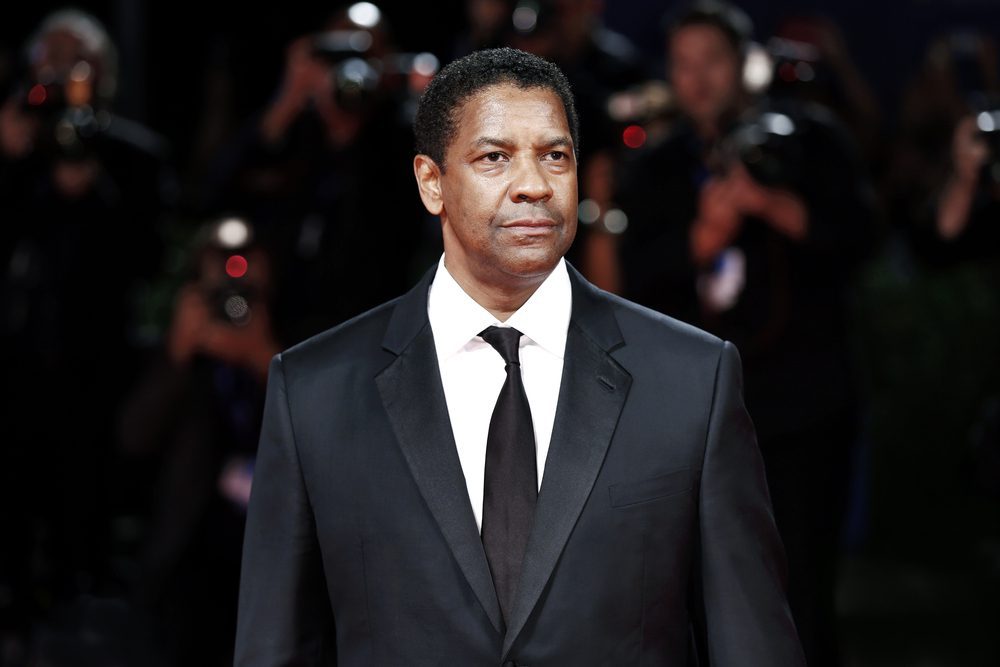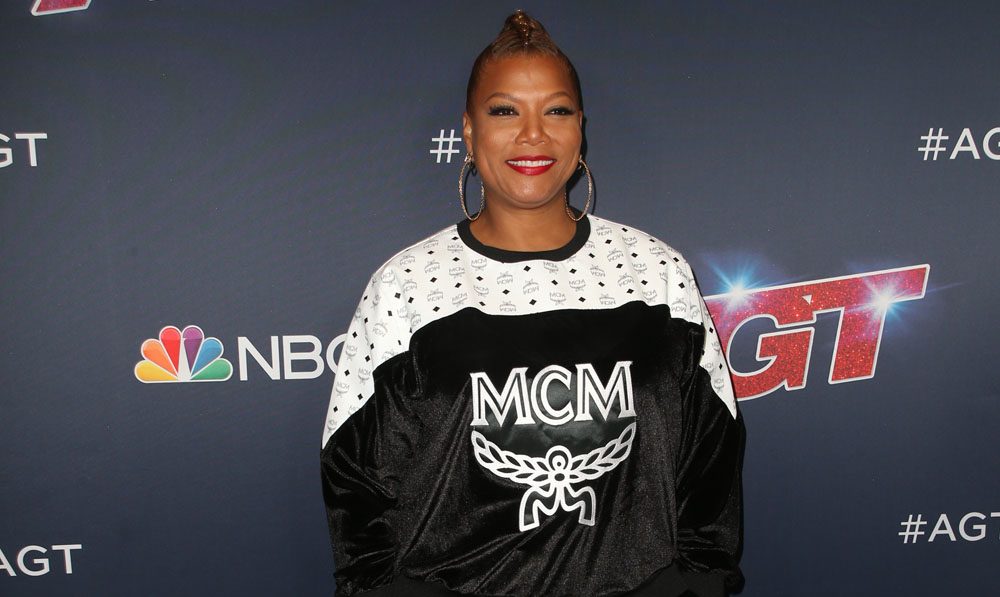Paramount Pictures has recently released a thrilling new trailer for Gladiator II, a highly anticipated sequel to the 2001 Oscar-winning film Gladiator. This cinematic masterpiece is set to hit theaters on Nov. 22, and fans are buzzing with excitement over the return to Ancient Rome’s epic saga of power, intrigue, and vengeance. Denzel Washington’s character also has many fans discussing the presence of Black people in Ancient Rome.
What is Gladiator II About?
The official description of Gladiator II sets the stage for a gripping narrative. The film picks up years after the tragic death of the beloved hero Maximus, portrayed by Russell Crowe in the original film. The story follows Lucius, played by Paul Mescal, who is thrust into the brutal world of the Colosseum after his home is overtaken by the tyrannical Emperors ruling Rome with an iron fist. With vengeance fueling his journey, Lucius must confront his past to reclaim the glory of Rome for its people.
Key Characters and Cast
The new trailer sheds light on Lucius’ lineage, confirming that he is the son of Maximus. Lucius’ mother, Lucilla, is portrayed by Connie Nielsen, who reprises her role from the first film. The emotional weight of Lucius’ journey is amplified by the legacy of his father, setting the stage for a powerful exploration of family, honor, and redemption.
Directed by the legendary Ridley Scott, the screenplay is penned by David Scarpa, based on a story developed by Scarpa and Peter Craig. The film boasts an impressive cast, including:
- Paul Mescal as Lucius
- Denzel Washington
- Pedro Pascal
- Joseph Quinn
- Fred Hechinger
- Lior Raz
- Derek Jacobi
A Reunion of Talents
This film marks a significant reunion for Denzel Washington and Ridley Scott, who last collaborated over 15 years ago on the critically acclaimed American Gangster. Washington’s return to Scott’s direction is highly anticipated, especially given his history of working with Scott’s late brother, Tony Scott, on various projects.
Production Team Behind ‘Gladiator II’
The film is executive produced by a talented team, including Walter Parkes, Laurie MacDonald, Raymond Kirk, and Aidan Elliott. The production team also features notable producers such as Douglas Wick, Ridley Scott, Lucy Fisher, Michael Pruss, and David Franzoni, ensuring that Gladiator II is crafted with the utmost care and expertise.
Watch the Trailer
For those eager to catch a glimpse of the action, the new trailer is available for viewing below. It promises to deliver a tantalizing taste of what’s to come in this epic sequel.

With its rich storyline, returning characters, and talented cast, Gladiator II is poised to captivate audiences again. As we await its release, fans can look forward to a film that not only honors the legacy of the original but also expands on it in thrilling new ways. Mark your calendars for Nov. 22, and prepare for a return to the grandeur of Ancient Rome.
Black People in Ancient Rome
During the time of the Roman Empire, Black people played significant roles in various aspects of society, though their presence is often overlooked in popular depictions of the era. The Roman Empire was vast, stretching across Europe, Africa, and the Middle East, which created a melting pot of cultures and ethnicities, including people from North and Sub-Saharan Africa.
Black Africans were present in different parts of Roman society, including as soldiers, traders, slaves, and even entertainers. Some served as gladiators, fighting in arenas for the amusement of Roman crowds. These individuals, often captured during military campaigns in Africa or sold into slavery, could rise to fame if they survived long enough to become celebrated warriors. Others worked as laborers, artisans, or household servants.
In terms of power, there were also influential Black figures in Roman society. Notably, Septimius Severus, who ruled as Roman Emperor from 193 to 211 AD, was of African descent, hailing from what is now modern-day Libya.
While much of Roman history often marginalizes these contributions, Black people were an integral part of the Empire’s diversity. Their presence in gladiatorial combat, military campaigns, and daily life underscores the complexity and multicultural nature of ancient Roman society.














